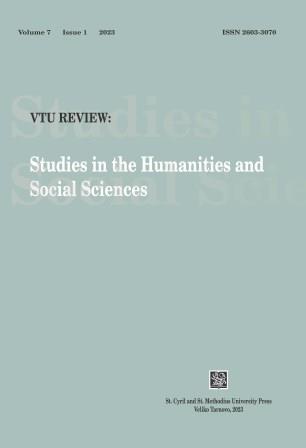Joseph Conrad as an Intercultural Mediator
Joseph Conrad as an Intercultural Mediator
Author(s): Joanna SkolikSubject(s): Anthropology, Social Sciences, Language and Literature Studies, Literary Texts, Fiction, Studies of Literature, Novel, Culture and social structure , British Literature
Published by: Великотърновски университет „Св. св. Кирил и Методий”
Keywords: Joseph Conrad; cross-cultural experience; intercultural mediation; Peter Fudakowski
Summary/Abstract: Joseph Conrad, a British writer of Polish origin living and writing on the borders between cultures, worlds, and traditions, was perfectly aware of his interstitial position. In his letters, he succeeds in translating his native Polish cultural tradition into cross-cultural experience to suit western readers’ tastes, as well. Along with being a writer, Conrad was a seaman who saw the contentious consequences of colonization while travelling to distant locations. He reveals the brutal and dishonest colonial methods as well as the suffering of the indigenous people in a large portion of his works. His message to western readers was that indigenous cultures might differ from, but not be inferior to, the cultures of Europe or North America. He urges readers to be discerning in their responses to such political practices and to avoid objectifying the inhabitants of colonial regions. Conrad’s narratives of intercultural mediation inspired other artists who borrowed from and reworked his experience and ideas into their own works. Peter Fudakowski, for example, references 𝑇ℎ𝑒 𝑆𝑒𝑐𝑟𝑒𝑡 𝑆ℎ𝑎𝑟𝑒𝑟 in his Conrad-inspired film adaption, which is concerned with, among other things, making Chinese culture and Polish experience, as well as Chinese lifestyle and philosophy, intelligible to the west.
Journal: VTU Review: Studies in the Humanities and Social Sciences
- Issue Year: 7/2023
- Issue No: 1
- Page Range: 53-61
- Page Count: 9
- Language: English

